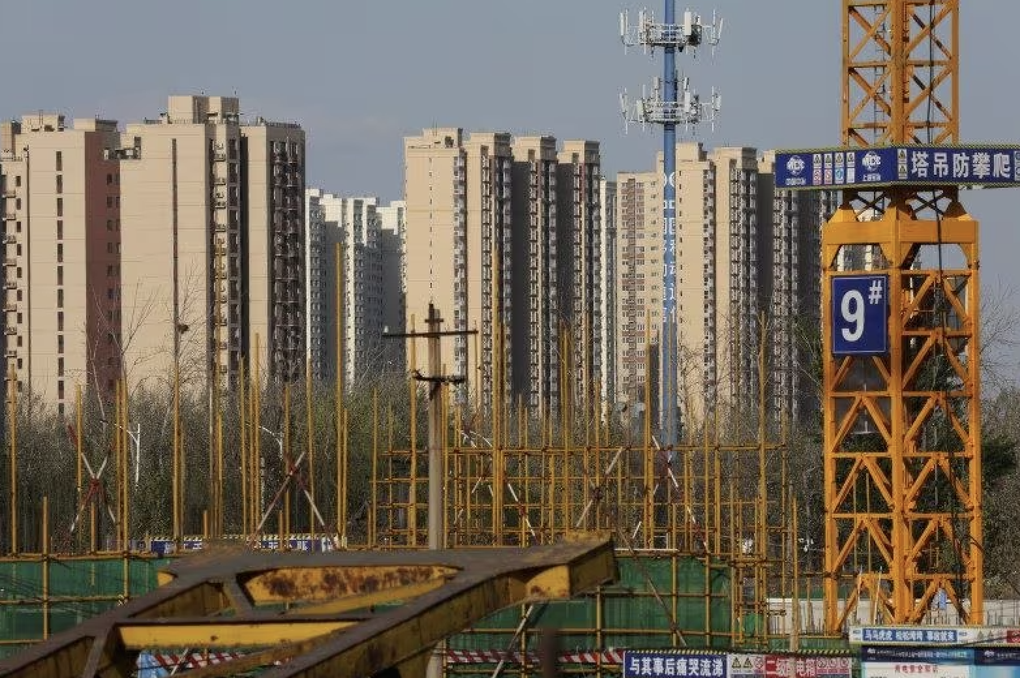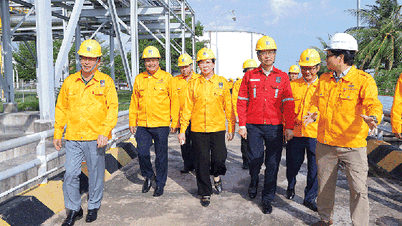Figures released by the National Bureau of Statistics (NBS) of China on January 17 showed that in December last year, new home prices recorded the sharpest decline since 2015. Also in the month, real estate sales by floor area dropped 23% compared to the same period last year.
In addition, monthly real estate investment by developers fell at the fastest pace since 2000. For the whole of 2023, China's total real estate investment fell 9.6%, almost the same as in 2022.
Currently, the real estate sector and related sectors contribute 25% to the economic growth. A prolonged downturn in the real estate sector could slow down the national economic recovery and put pressure on Chinese policymakers to issue new support packages soon.
Rating company Moody's Analytics believes that in 2024, China's economy will largely depend on the turnaround of the real estate market.

Buildings under construction in Beijing (Photo: Reuters).
To revive the domestic property market, Chinese authorities have issued a number of support measures such as easing home purchase restrictions and lowering minimum down payments for first and second homes.
However, that is not enough to revive home buying sentiment, which has been on the decline since 2021.
Commenting on the outlook for the domestic property market, Country Garden, China's largest private property developer, warned that markets will continue to weaken in 2024.
Economists at HSBC said further easing of policies for the commercial housing sector and additional support for affordable housing are key to creating a soft landing for China's property sector.
Financial firms are starting to comply with the lending requirements set by the government , with major bank Ping An adding 41 developers to its list of construction companies eligible for funding support, according to Bloomberg .
Authorities have also recently called on local governments to ease financial pressure on developers, including drawing up a list of projects eligible for funding.
Source






































































































Comment (0)